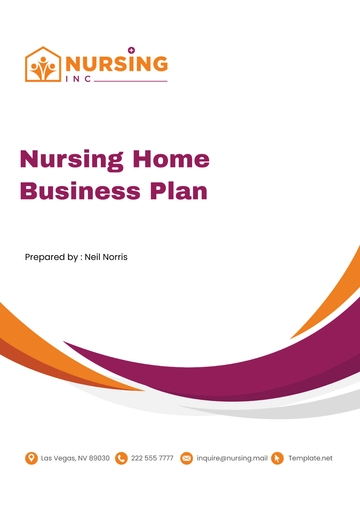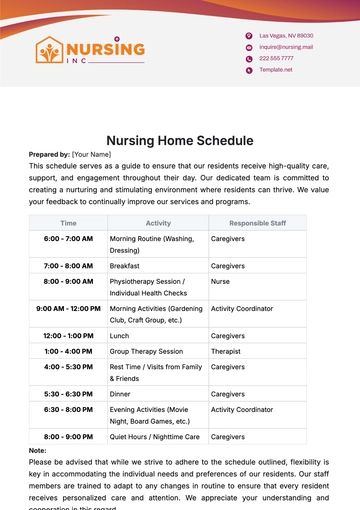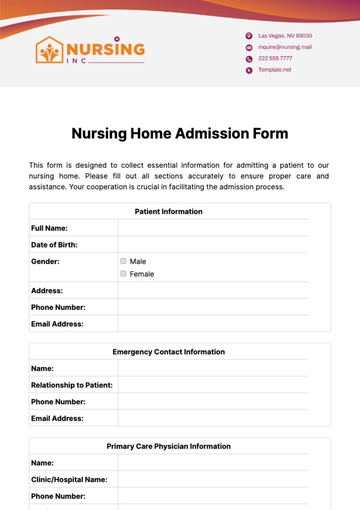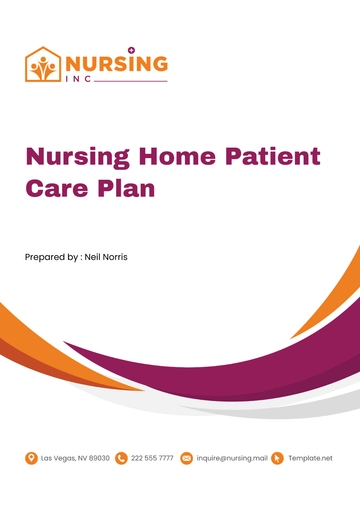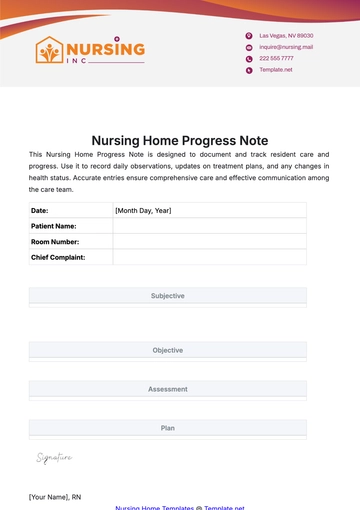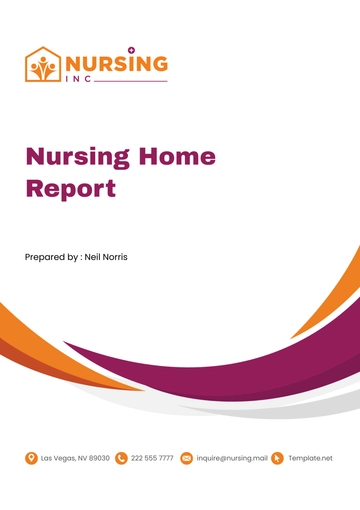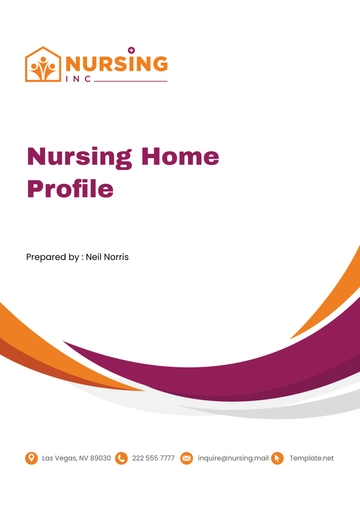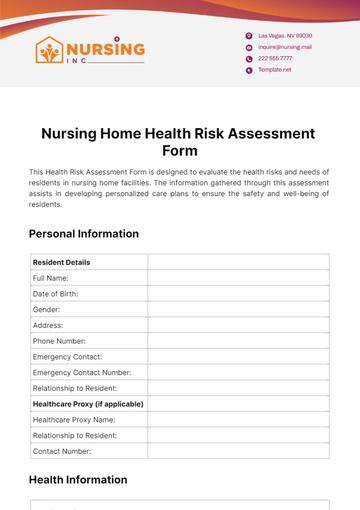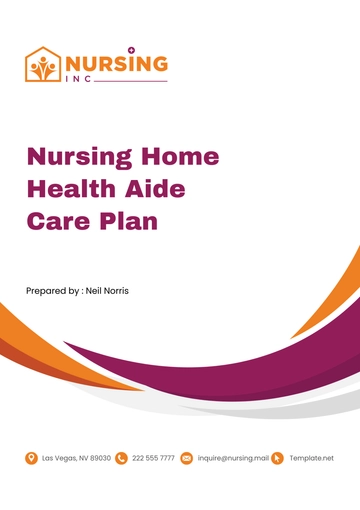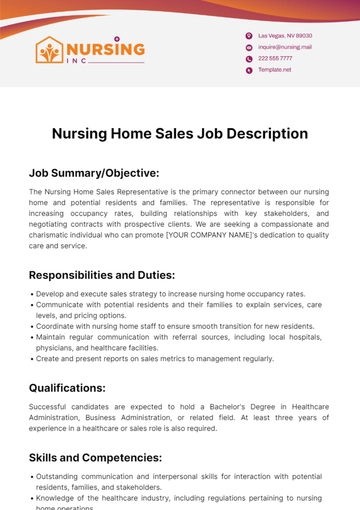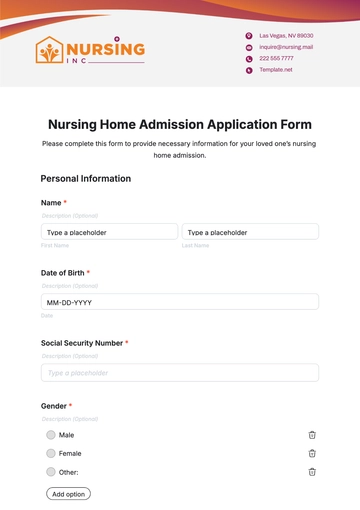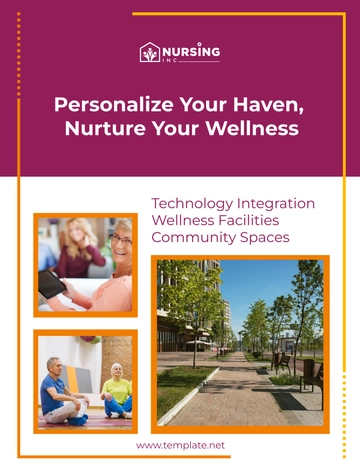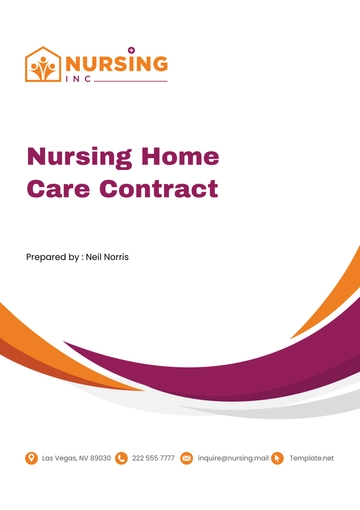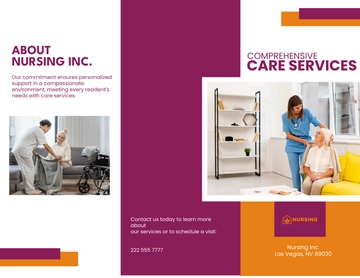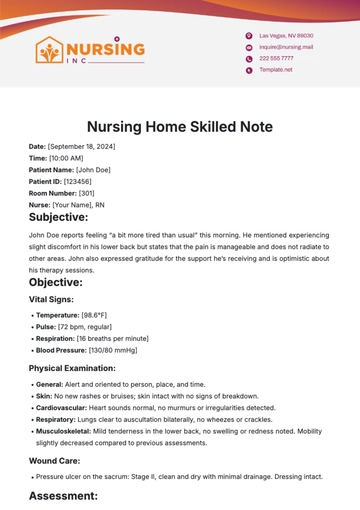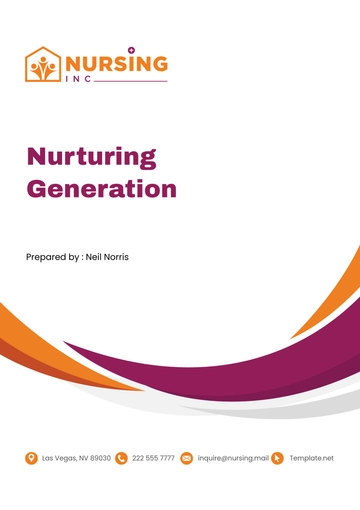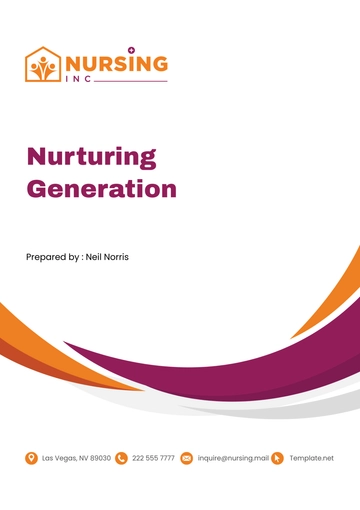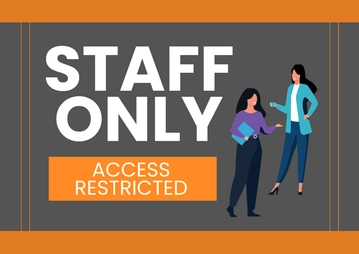Free Nursing Home Conflict Management Policy & Procedure
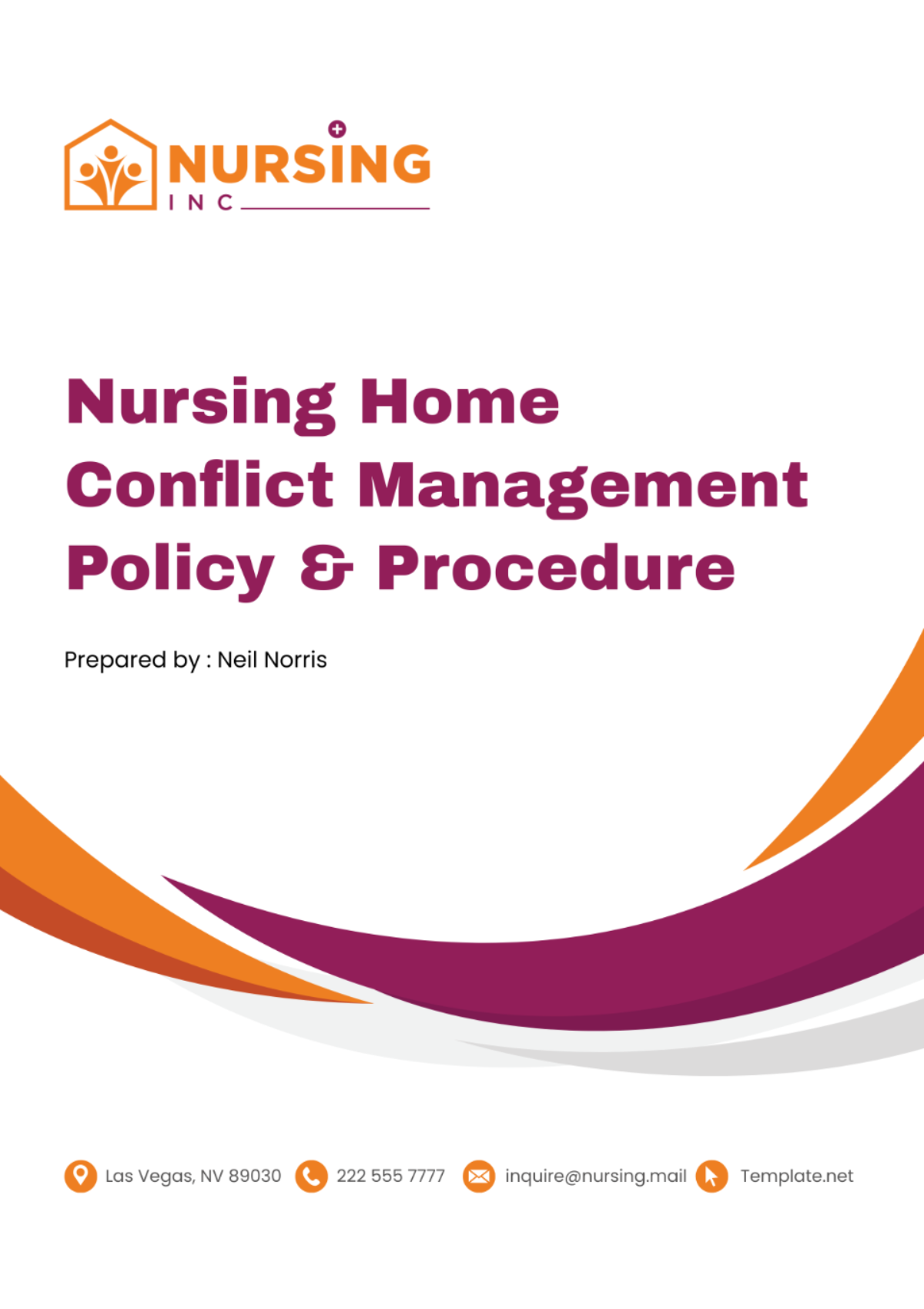
I. Introduction
A. Purpose
The purpose of this Conflict Management Policy & Procedure is to provide a structured approach to identifying, addressing, and resolving conflicts within our nursing home environment. Recognizing the diversity and the potential for misunderstandings in a setting that involves a wide range of interactions among staff, residents, and family members, we are committed to fostering a harmonious and supportive environment. This policy ensures that conflicts are managed and resolved in a manner that maintains the dignity and respect of all parties involved, thereby promoting a positive and productive workplace.
B. Scope
This policy applies to all employees, volunteers, residents, and family members of residents within our nursing home. It covers a wide range of conflicts, including but not limited to, interpersonal disagreements, professional disputes, and issues related to care delivery. Our goal is to address conflicts at the earliest stage possible, ensuring a safe, respectful, and caring environment for everyone involved.
C. Definitions
In the context of this policy, it is essential to define key terms related to conflict management to ensure a common understanding among all parties:
Conflict: A disagreement or dispute between two or more parties arising from differing views, values, or interests.
Resolution: The process of addressing and solving a conflict through various means, including negotiation, mediation, or formal procedures.
Mediation: A voluntary process where a neutral third party assists the involved parties in reaching a mutually acceptable agreement.
II. Principles
A. Confidentiality
We uphold the principle of confidentiality as paramount in the conflict resolution process. All discussions, reports, and records related to conflicts and their resolution are handled with the utmost discretion. Information is only shared with individuals directly involved in the resolution process or as required by law. This ensures that parties feel safe and supported when reporting or participating in conflict resolution, fostering trust in the process.
B. Fairness
Fairness is a cornerstone of our approach to conflict management. We ensure that all parties involved in a conflict are given an equal opportunity to share their perspective, without prejudice or bias. Decisions and actions taken in resolving conflicts are based on objective criteria and the merits of each case, aiming to achieve equitable outcomes for all involved. Our policy provides clear guidelines to prevent discrimination and ensure impartiality throughout the conflict resolution process.
C. Transparency
Transparency in the conflict resolution process is essential for maintaining the trust and confidence of our staff, residents, and their families. We are committed to providing clear and timely communication about the procedures for managing and resolving conflicts. This includes explaining the steps involved, the roles and responsibilities of each party, and the rationale behind decisions made. By being open and transparent, we aim to demystify the process and encourage a cooperative approach to resolving disputes.
III. Conflict Identification and Reporting
A. Identification
Conflicts within our nursing home can often manifest in various forms, ranging from simple misunderstandings to more significant disputes. The ability to quickly identify these conflicts is crucial for maintaining a harmonious work and care environment. Staff are trained to recognize signs of conflict early, including changes in behavior, communication breakdowns, or direct reports of discomfort from colleagues, residents, or family members. Our staff plays a pivotal role in this early identification process, ensuring that issues are addressed promptly and effectively before escalating.
B. Reporting Mechanism
When a conflict is identified, staff, residents, or family members are encouraged to report the issue through our designated reporting channels. This can be done via a confidential online form, direct communication with a supervisor, or through our dedicated conflict resolution team. The confidentiality of the reporter and all involved parties is of utmost importance. We guarantee that all reports will be treated with the highest level of discretion to protect the privacy and dignity of everyone involved.
IV. Conflict Resolution Process
A. Initial Assessment
Upon receiving a report of conflict, an initial assessment is conducted to determine the nature and severity of the issue. This assessment is crucial for deciding the most appropriate resolution path.
Severity | Indicators |
Low | Minor misunderstanding, easily resolved |
Moderate | Affects work environment, requires intervention |
High | Legal/ethical concerns, significant impact on operations |
B. Resolution Strategies
Choosing the right resolution strategy is key to effectively addressing the conflict.
Strategy | Best For |
Informal Discussion | Low severity conflicts, simple misunderstandings |
Mediation | Moderate severity, when direct negotiation has failed |
Formal Investigation | High severity, involving legal or ethical concerns |
C. Mediation and Negotiation
In the mediation and negotiation phase, a neutral mediator facilitates a discussion between the parties involved, aiming to reach a mutual agreement. This step allows for open communication in a controlled environment, encouraging the parties to understand each other's perspectives and work towards a resolution. Mediation is often preferred for its ability to resolve conflicts amicably and preserve professional relationships.
D. Formal Investigation
When a conflict escalates to a level requiring formal investigation, the following steps are undertaken:
Appointment of an investigation committee.
Collection and review of all relevant information and documentation.
Interviews with the involved parties and witnesses.
Analysis of the facts and formulation of a conclusion.
Recommendation of appropriate actions to resolve the conflict and prevent future occurrences.
Circumstances Requiring Formal Investigation:
Allegations of harassment or discrimination.
Conflicts involving potential legal or ethical violations.
Situations where informal resolution methods have failed and the conflict has a significant impact on the nursing home's operations or the well-being of its residents and staff.
V. Outcomes and Follow-up
A. Documentation
Documentation plays a crucial role in the conflict management process, ensuring that all details of the conflict and its resolution are accurately recorded. This serves not only as a record of the event but also as a learning tool to prevent future conflicts. All stages of the conflict resolution process, from initial reporting to final resolution, are documented in a confidential manner. These records are securely stored and accessible only to authorized personnel, ensuring compliance with privacy regulations and organizational policies.
B. Follow-up Actions
After a conflict has been resolved, follow-up actions are essential to ensure the effectiveness of the resolution and to prevent recurrence. This may include monitoring the situation over time, providing ongoing support to the parties involved, and implementing changes to policies or practices as needed. Follow-up actions are tailored to the specific situation and may involve additional training, mediation sessions, or adjustments to work arrangements to support a positive and constructive work environment.
VI. Training and Support
Effective conflict management requires that our staff is equipped with the necessary skills and knowledge. To this end, we offer a range of training programs designed to enhance understanding and ability in identifying, reporting, and resolving conflicts.
Program | Frequency | Duration |
Conflict Identification Training | Annually | 2 hours |
Communication Skills Workshop | Biannually | 4 hours |
Mediation and Negotiation Skills | Annually | 3 hours |
Legal and Ethical Considerations | Every 2 years | 4 hours |
Following the resolution of a conflict, it is not uncommon for staff to experience stress or discomfort. We are committed to supporting our staff through these times. Support services available include counseling, debriefing sessions, and access to external support resources. These services are designed to ensure the well-being of our staff, enabling them to continue providing the highest level of care to our residents.
VII. Policy Review
This Conflict Management Policy & Procedure will be reviewed annually to ensure its effectiveness and relevance to our nursing home's operations and the needs of our staff and residents. The review process will involve gathering feedback from staff, analyzing recent conflict resolution outcomes, and assessing any changes in legal or regulatory requirements. Based on this review, the policy may be updated to better serve our community and uphold our commitment to providing a supportive and harmonious work environment. This continuous improvement process is key to our proactive approach to conflict management and resolution.
- 100% Customizable, free editor
- Access 1 Million+ Templates, photo’s & graphics
- Download or share as a template
- Click and replace photos, graphics, text, backgrounds
- Resize, crop, AI write & more
- Access advanced editor
Discover the Nursing Home Conflict Management Policy & Procedure Template at Template.net, designed to equip your facility with effective conflict resolution strategies. Fully editable and customizable, this template provides a structured approach to managing disputes, easily fine-tuned in our AI Editor tool, promoting a harmonious and productive environment in your nursing home.

